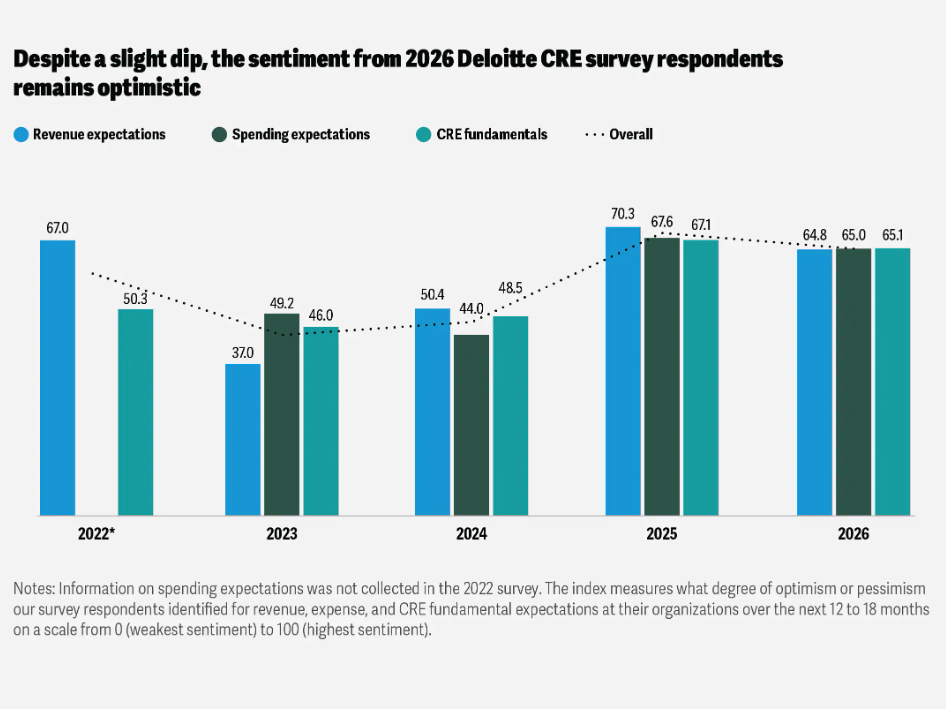Cushman/DTZ Merger’s Impact on CRE Industry
Analysts speak out about the merger that shook the CRE industry.
By Scott Baltic, Contributing Editor
If there’s an emerging consensus about what the Cushman & Wakefield/DTZ merger, announced just yesterday, means for the CRE industry, it’s that although further consolidation is highly plausible, a place will nonetheless remain for savvy regional players.
Rumors about a possible merger had been running for a few weeks at least, as reported by Commercial Property Executive. And now that the deal is official, it’s not too early to start thinking about the impact that a transaction of this magnitude will have on the industry’s landscape.
The new company, operating under the Cushman & Wakefield name, reportedly will have revenues of more than $5.5 billion, more than 43,000 employees and more than 4 billion square feet under management around the world. Once the merger has closed, the resulting company will be in a category currently occupied only by CBRE and JLL.
“While breadth and depth are important to serve clients, it’s not just about size,” DTZ executive chairman Brett White (and future chairman &CEO of the combined company) said in the merger announcement. “It’s also about local expertise and deep customer service, which are strong traits of Cushman & Wakefield and DTZ, and ultimately what will differentiate us going forward.”
The deal might not be just about size, but, really, it is about size, as other quotes in the announcement reflect and as observers in the CRE industry perceive.
“Real estate operating companies are merging to become global powerhouses, as many companies that are owners or heavy users of real estate are looking for one-stop real estate servicing companies to handle their needs internationally,” Jahn Brodwin of FTI Consulting told CPE. “There is still more room in the market for tuck-in acquisitions and for some larger-scale mergers.”
“With businesses expanding more and more on a global scale, having a real estate firm that can service all of a company’s global real estate needs with one phone call is increasingly important,” agreed Dirk Aulabaugh, managing director at Green Street Advisors. “I think this will put more pressure on smaller firms to be laser-focused on services where they can create an edge in their respective local markets.”
“There’s room for more consolidation,” as has happened in many other industries, opined Kenneth Weissenberg, co-chair of the Real Estate Services Group at EisnerAmper. But, he added, larger CRE firms tend to pursue larger properties, portfolios and deals, and not the more modestly sized ones, so a role for regional firms remains. “There’s still very much a need in the marketplace” for such players, he added.








You must be logged in to post a comment.